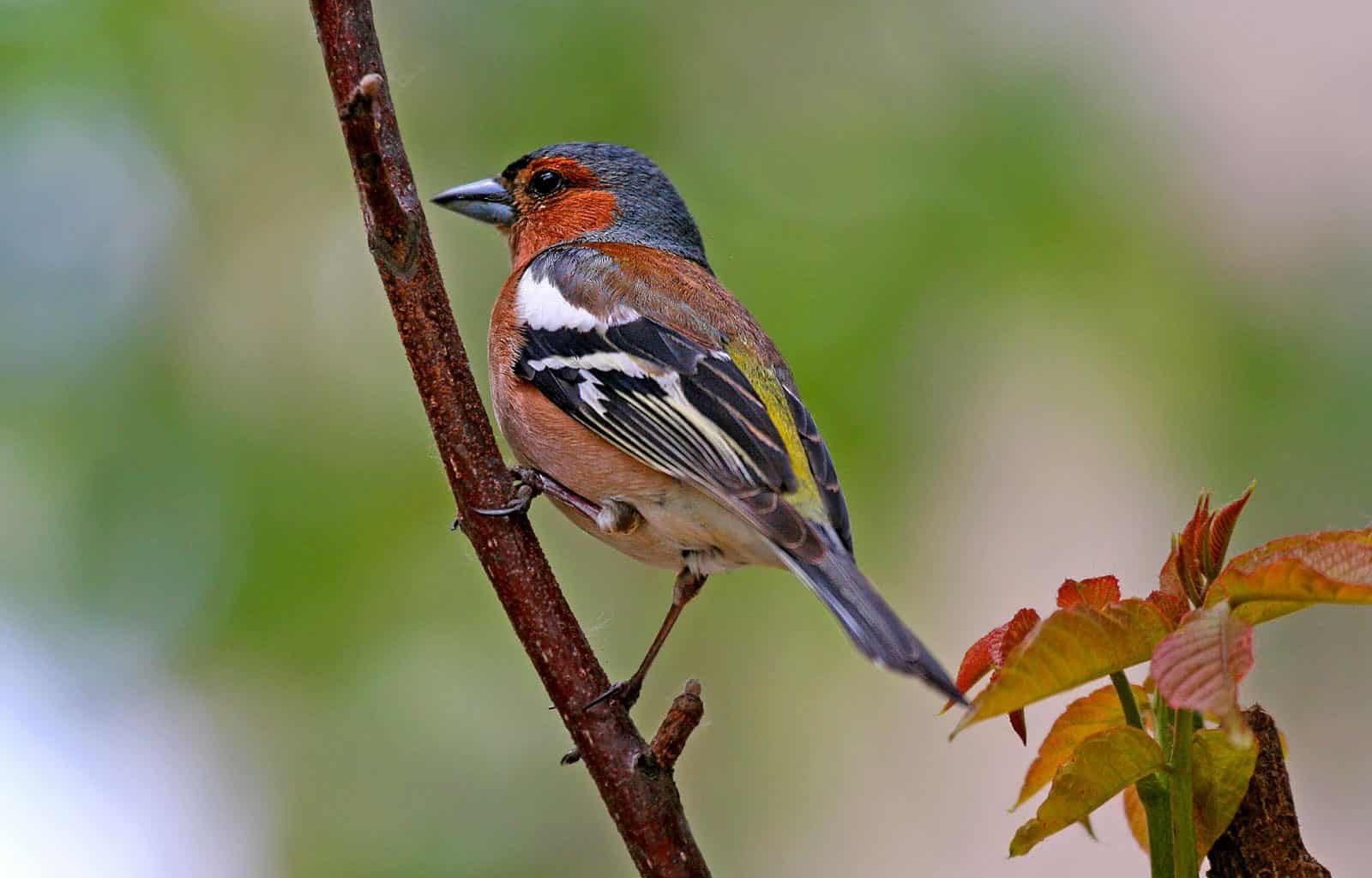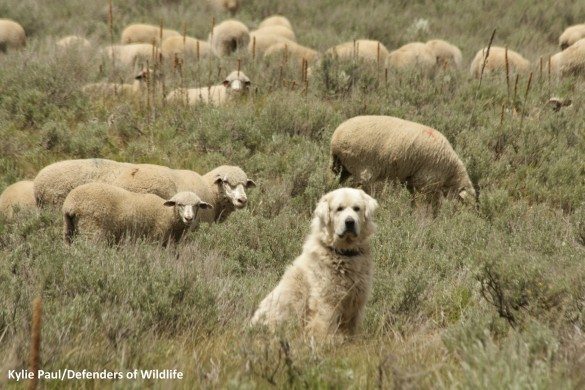Bird biodiversity declining in the EU
The current biodiversity crisis is affecting countless species, whether common or rare. Even areas with stricter conservation laws are seeing disappearances of once abundant animals. A recent paper published in Ecology and Evolution has uncovered a significant decline in breeding birds across the European Union, despite its relatively strong nature protection policies.
Not flying high
The study combined two large avian datasets to estimate the population sizes of native species in the EU, as well as changes in growth rate from 1980 to 2017. They found a decline of 17-19% in overall breeding bird abundance in that time. This amounts to a staggering 560-620 million individual birds lost. In addition, the average population growth rate in this time was close to zero. Especially concerning is that very large populations are experiencing this too. The highly abundant house sparrow makes up 27% of the total decrease across declining species.
These declines were especially noticeable in farmland species, which is likely driven by habitat loss and pesticides associated with intensive agriculture. The results are similar to those found in a 2019 study on North American birds. Negative trends, also, can be observed across taxa worldwide. This highlights the urgency of not only extending protection measures, but also properly enforcing existing legislation.
EU can do more to prevent bird biodiversity decline
Despite the alarming losses, there are some hopeful signs from this study. The decline, while serious, is slowing due to improved conservation measures. This explains formerly rare birds such as raptors showing positive trends, as the threats of pesticides and persecution have been tackled effectively alongside recovery programmes.
There is definite room for improvement however, as many European countries have previously failed to meet nature protection targets. The EU Biodiversity Strategy 2030 presented last year contains some ambitious goals which, if implemented, would help prevent further bird declines. Large-scale conservation actions covering multiple countries and industries need to be put in place to stop biodiversity loss.
Our study is a wake-up call to the very real threat of extinctions and of a Silent Spring, and we are fully supportive of ensuring a strong framework which puts conservation front and centre of any global plans.










